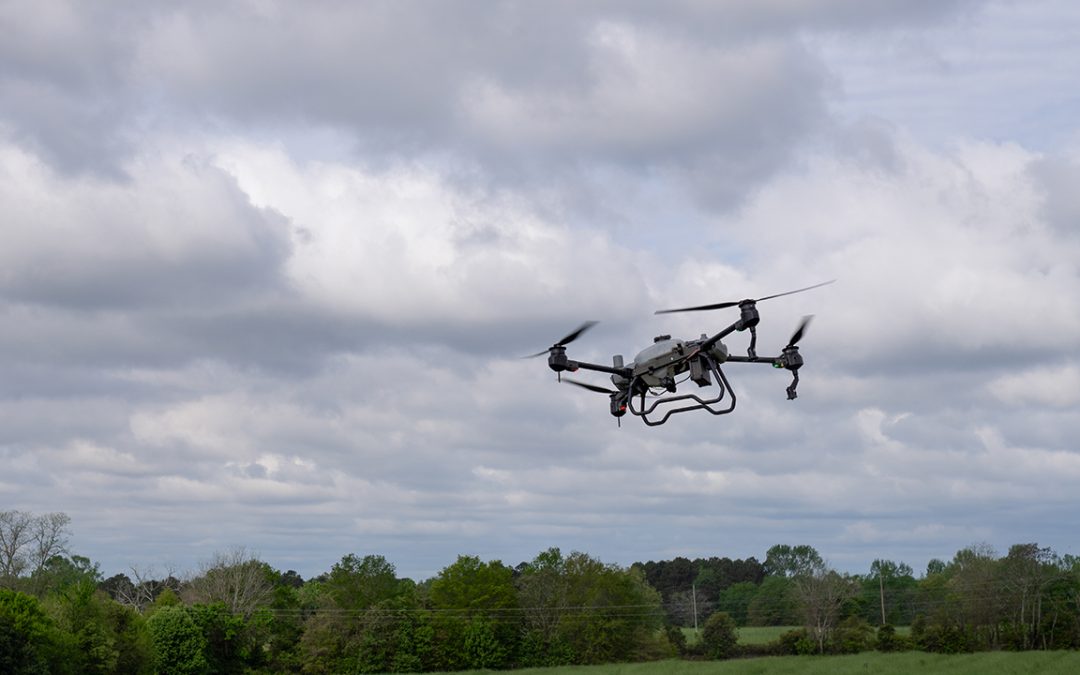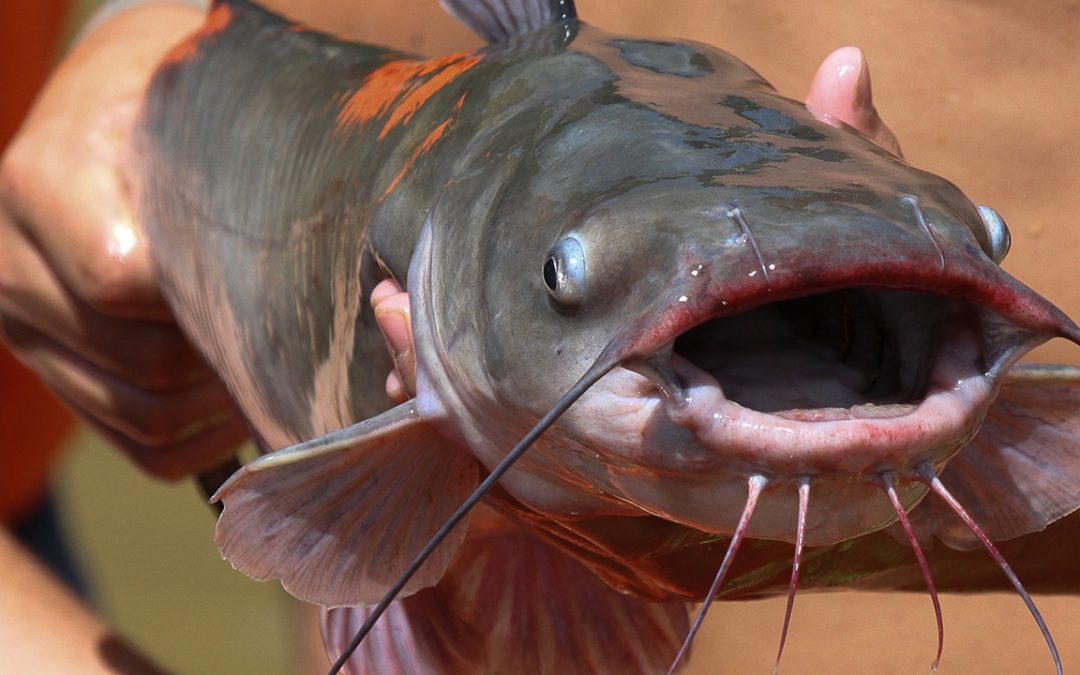Departments
AGRICULTURAL ECONOMICS & RURAL SOCIOLOGY
Building Economies and Strengthening Communities.
The Department of Agricultural Economics and Rural Sociology uses business and social principles to advance society on local, regional, national and global scales.
Animal Sciences
Maintaining Life & Feeding a Growing Population.
Faculty and students in Animal Sciences use science to ensure the nutrition and welfare of animals and healthy, sustainable food sources for people everywhere.
BIOSYSTEMS ENGINEERING
Advancing Technology to Develop Cleaner, Safer Energy.
In Biosystems Engineering, we integrate the disciplines of life sciences and engineering to create more efficient production methods and a cleaner, safer place to live.
Crop, Soil & Environmental Sciences
This is How We Support The World’s Largest Industry.
We produce healthier food for your kitchen and better fiber for your clothes while protecting the natural resources used to grow them.
ENTOMOLOGY & PLANT PATHOLOGY
Keeping the World’s Food Supply Safe & Sustainable.
We protect your food, resources and homes from a variety of threats to ensure healthier food and a more comfortable place to live.
Fisheries, Aquaculture & Aquatic Sciences
Produce More Abundant Food and Protect Our Natural Resources.
The School of Fisheries, Aquaculture, and Aquatic Sciences innovates new methods and systems to grow industry and produce healthier, more abundant food for communities worldwide.
Horticulture
We Create Healthier Food and More Beautiful Communities.
Horticulturalists work to impact everything from human health and nutrition to the simple beauty of the world around you.
Poultry Science
This is How We Develop Healthier, More Resilient Sources of Food.
In Poultry Science, we work to ensure your food is grown, developed and produced in the safest, healthiest ways possible.

Researchers study potential savings from reducing time on feed for weaned pigs
Research made possible by $300,000 USDA-NIFA grant The scale of pork production in the U. S. is such that reducing the average pig’s time on feed by just one day can put $76 million back into pork producers’ pockets. Animal scientists at Auburn University are...

Using thermal imaging to measure peanut physiological characteristics
Auburn-developed method could advance efforts to breed a drought-tolerant peanut Auburn University researchers have devised a new means of measuring the physiological characteristics of peanut plants that should prove to be instrumental in speeding the breeding...

Taking the guesswork out of catfish sperm quality
Catfish farmers may be hurting their profitability by needlessly sacrificing male catfish when collecting sperm for breeding, according to a recent Auburn study. The same study discovered the indicators farmers commonly use to select males for breeding, like head size...
